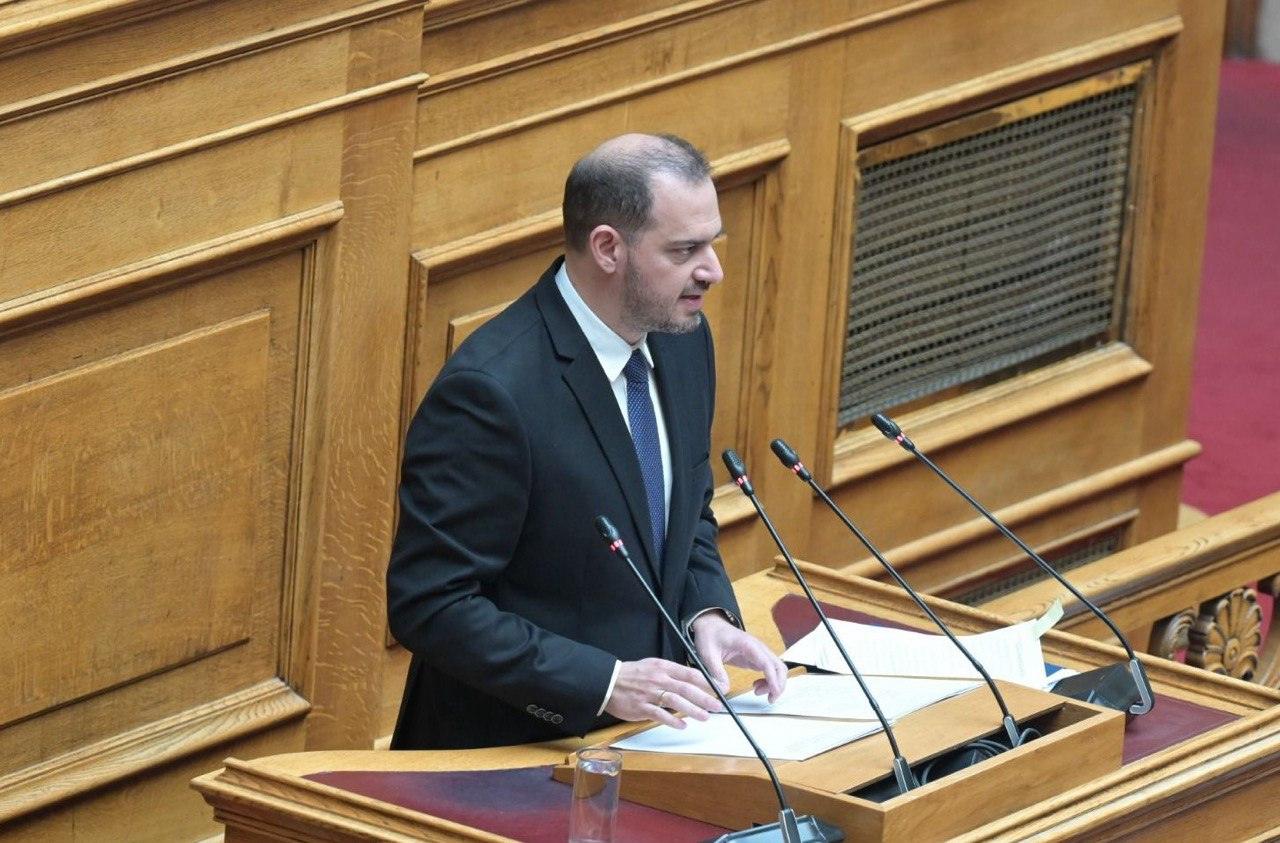As Greeks continue to struggle with finding affordable and suitable housing, George Pitsilis, the head of Greece’s Independent Authority for Public Revenue (AADE), announced that the government has introduced a ‘digital property file’ to support efforts to address the country’s housing crisis.
AADE hopes the file will help determine the true number of vacant properties in Greece, and their condition, and also rein in undeclared rental income.
Vacant Properties
According to the latest data from the Hellenic Statistical Authority (ELSTAT), based on the 2021 census, Greece has 793,884 vacant properties. Of these, 255,300 are located in Attica, 229,627 in Northern Greece, 182,918 in Central Greece, and 126,035 in the Aegean Islands and Crete.
However, Pitsilis points out, “We can’t know exactly how many vacant properties there really are.”
The government also lacks information about the condition of these residential properties, and whether they are actually occupied and the owners are just avoiding declaring their all or parts of their rental income.
The Digital Property File
This situation is expected to change by 2025, when the government completes its Property Ownership and Management Registry, developed in collaboration with the Land Registry, Pitsilis explained at a conference on Tuesday.
The new digital property file will record vacant homes and ideally provide a clearer picture of the number of unoccupied properties that could be placed on the market to help alleviate the housing crisis.
This file, according to Pitsilis, will contain information about taxpayers’ properties, including key details such as property type, surface area, location, floor, electricity status, unfinished or vacant status, and percentage of ownership.
The file will also track whether properties are rented or granted for free, as well as the monthly and annual rent amounts and tenant details.
The government plans to merge data from property declarations of individuals and legal entities (known as the E9 form in Greece) with rental income declarations (E2 form) to cross-reference the information. This will help assess the country’s vacant housing stock and detect potential cases of tax evasion, where owners may be collecting rental income without declaring it or only declaring part of it.
To close the loop on tax evasion, tenants will now also have access to view the properties they are renting and the amounts the owners are declaring on their tax returns.
If tenants identify discrepancies (such as paying higher rent than what is officially declared) or discover that the property has not been declared at all, they will be required to report the properties they are renting and the amounts of rent they pay.
The digital property file will be updated in real-time to ensure accurate and up-to-date information.
Source: tovima.com









































